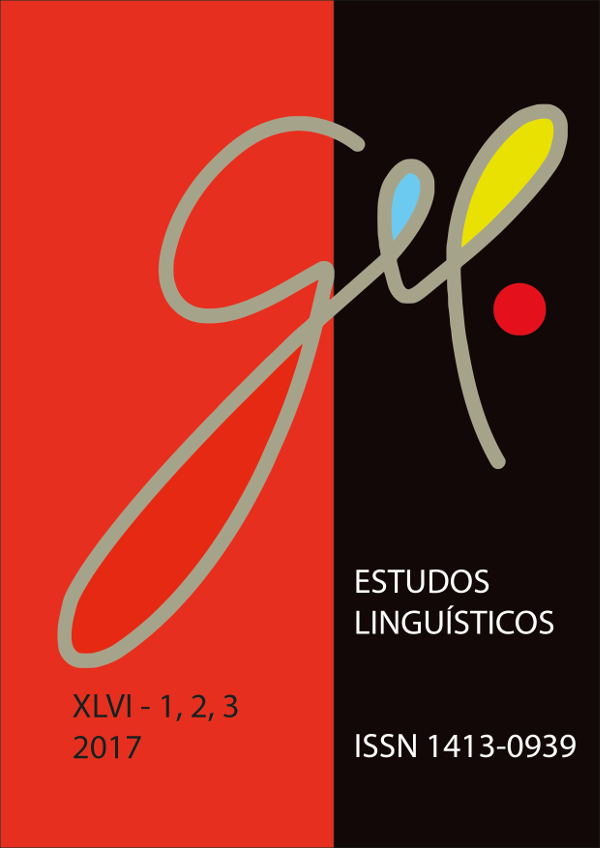Violence and utopian sense in Selva Trágica, by Hernani Donato
DOI:
https://doi.org/10.21165/el.v46i3.1692Keywords:
Selva Trágica, Hernani Donato, representation, utopiaAbstract
The paper discusses the novel Selva Trágica, by Hernani Donato, proposing to investigate the choices made in the representation of the violence directed at the yerba mate cultivation workers in Brazil-Paraguay frontier, in the early twentieth century. The argumentative route wanders in the junction between social denounce and fiction as elaborated in the novel, as well as the impact of violence in the actions of the characters in the midst of an oppressive context, responsible for inhibiting the emergence of individual critical formulations and for eliminating the chance of freedom. Thus, the paper seeks to answer if the negativity of Selva Trágica allows a glimpse of an utopian horizon, and how this happens. The basic theoretical framework is provided by Luiz Costa Lima’s approach of the representation and Ernst Bloch’s of the utopia.
Downloads
References
ADORNO, T. W. Posição do narrador no romance contemporâneo. In: _______. Notas de Literatura I. Tradução e apresentação de Jorge M. B. de Almeida. São Paulo: Duas Cidades; Ed. 34, 2003.
BLOCH, E. O princípio esperança I. Tradução de Nélio Schneider. Rio de Janeiro: EDUERJ; Contraponto, 2005.
DONATO, H. Selva trágica. São Paulo: Edibolso, 1976.
FREIRE, P. Pedagogia da esperança. 22. ed. São Paulo: Paz e Terra, 2016.
LIMA, L. C. Mímesis e modernidade: formas das sombras. 2. ed. São Paulo: Paz e Terra, 2003.
________. Representação social e mímesis. In: _____. Dispersa demanda. Rio de Janeiro: Francisco Alves, 1981.
SCHOLLHAMMER, K. E. Cena do crime: violência e realismo no Brasil contemporâneo. Rio de Janeiro: Civilização Brasileira, 2013.
TAUNAY, A. M. Adriano d’Escragnolle, visconde. Inocência. Porto Alegre: L&PM, 2013.



